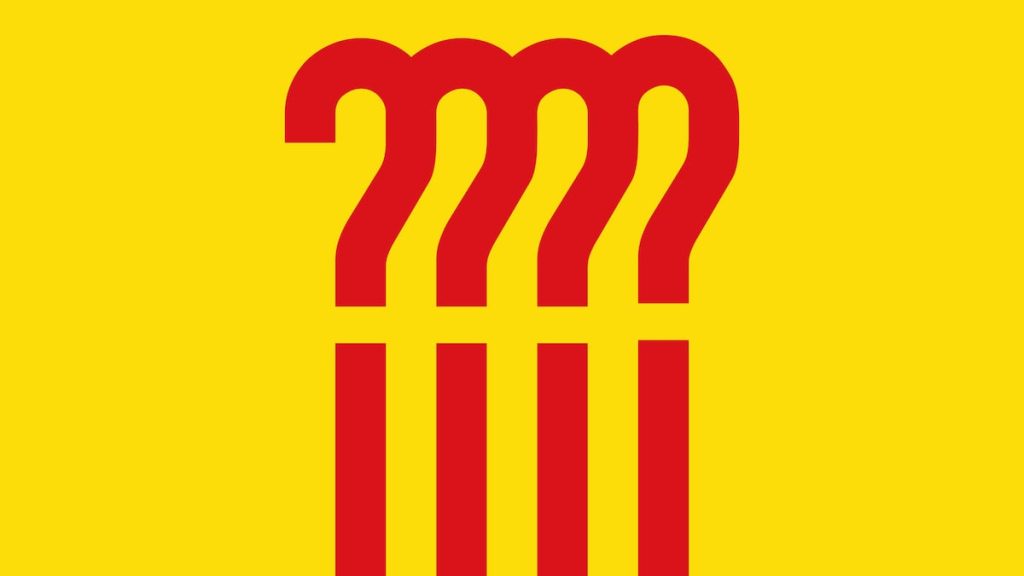The recent political developments in Catalonia have once again tested our capacity for fascination with the unprecedented. The election results on May 12 in Catalonia were surprising, not because they were not anticipated by polls and indicators, but because they defied the imprint of the past fifty years. A quick analysis of these results may overlook the nuances they contain and their implications for the evolution of Spanish politics. The general thesis that the day was a defeat for the independence movement reflects not only the distribution of votes and seats among political parties, but also the mood of the candidates that night. It is important to note that despite the poor election results for the independence parties, there is still a significant social base supporting the idea of an independent Catalonia.
The real losers in these elections were the parties that represented the independence movement in recent years, and who governed Catalonia until now. The reconfiguration of votes among independence parties is not as significant as the shift in seats that has torn apart the nationalist majority in the Parliament since 1984. Although ERC appears to be the biggest loser, they still maintain a sufficient support base to recover from this setback. The apparent improvement of Junts does not fully align with their electoral results, raising questions about their leadership and support base. The impact of a highly asymmetric abstention rate among independence voters has led to an overrepresentation of non-independence parties in Parliament.
The majority of votes and abstentions on May 12 express support for the policies implemented by Pedro Sánchez regarding Catalonia. While Mariano Rajoy’s government delegated the response to the independence challenge to the judiciary, Sánchez opted for a more politically manageable approach, allowing voters to judge the leaders of the independence movement at the ballot box. This method provided a clear electoral verdict while maintaining political flexibility. Sánchez has been seen as the main beneficiary of the Catalan elections, as his approach has garnered support across party lines.
The results of the May 12 elections offer a medium-term key to the main challenge facing the PP (the resilience of Vox) which may eventually work against Sánchez. In Catalonia, the consolidation and expansion of Vox indicate that internal party issues have not affected their electoral performance. Efforts to reduce Vox’s influence by adopting a similar hardline stance have not been successful. Removing the Catalan issue from the Spanish political agenda could help reduce the animosity that fuels the far-right. The possible convergence of interests between Junts and Puigdemont in updating their agenda may create opportunities for reasonable agreements in Madrid.
The upcoming European elections in June will provide insight into the relative strength of the current PP leadership. Until the Spanish right overcomes the Catalonia issue, the support of the independence movement will remain crucial for Sánchez to sustain his coalition government. Finding ways to revitalize the coalition will be a priority for Sánchez in the future. The alignment of interests between Catalonia and other regions in Spain could pave the way for constructive agreements and a more stable political landscape.


